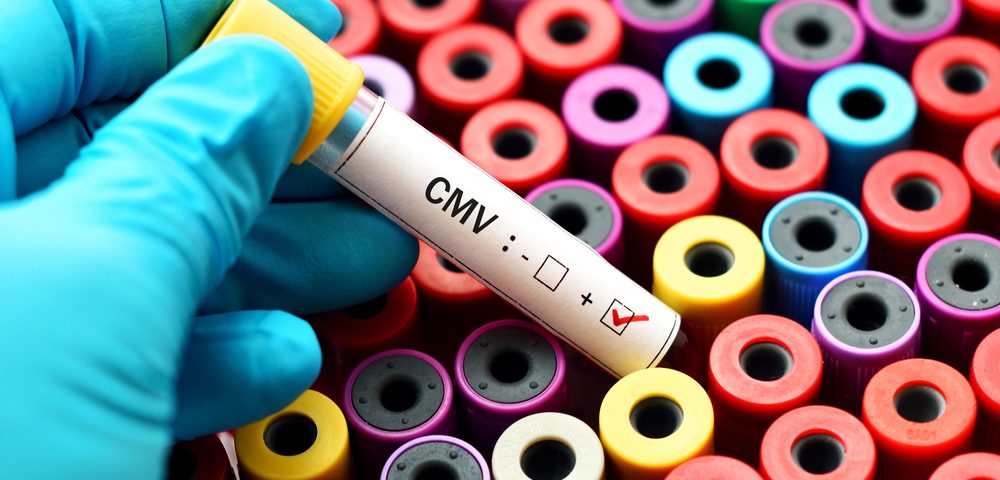Lymphoma patients who obtain stem cell transplants may soon have a new therapy to ward off cytomegalovirus (CMV) infections, the results of a Phase 3 clinical trial indicate.
In contrast with other treatments aimed at preventing the infection in transplant patients, Merck’s letermovir generated only mild side effects, the trial (NCT02137772) showed. And it was effective.
“For the first time, we seem to have a drug that is a true safe and effective preventive for CMV infection in stem cell transplant patients,” Francisco Marty, MD, the study’s lead author, said in a press release. He is an infectious disease specialist at Dana-Farber Cancer Institute and Brigham and Women’s Hospital.
“Letermovir will allow many patients to avoid infection, usually with no or mild side effects, and seems to provide a survival benefit in the first six months post-transplant,” Marty said.
Researchers presented the trial findings at the 2017 Bone Marrow Transplant Tandem Meetings of the American Society for Blood and Marrow Transplantation (ASBMT) and the Center for International Blood and Marrow Transplant Research (CIBMTR). The gathering on Feb. 22 was in Orlando, Florida.
The global trial involved 565 patients who obtained a stem cell transplant. While many were cancer patients, the study included people obtaining bone marrow transplants for other reasons. What all had in common was a latent CMV infection — that is, the virus lying low after previously infecting the patient.
The study evaluated patients after 24 weeks. Thirty-eight percent who received letermovir either developed a CMV infection requiring treatment, or left the study before the 24 weeks were up. Meanwhile, 61 percent of placebo-treated patients developed an infection — a rate that was 60 percent higher than that of the patients who received letermovir or dropped out of the study.
Also at six months, 10 percent of letermovir patients had died, compared with 15 percent in the placebo group.
Sixty to 70% is a normal infection rate in patients who receive no infection-fighting treatment after a stem cell transplant. Of these, 20% to 30% develop CMV pneumonia. That is a potentially deadly outcome, because only about 20% of patients who get it survive.
Researchers described most of the side effects in the trial as tolerable, including mild nausea and vomiting, and swelling.
Other drugs aimed at preventing CMV infection have either proved ineffective or generated serious side effects. That has prompted many physicians to monitor patients after a transplant, treating them only when an infection emerged.
While this strategy kept lung and other organ infection rates low, the severe side effects of the previous drugs remained a problem.
CMV is one of the most common viral infections worldwide. When a person is exposed to the virus for the first time, flu- or mononucleosis-like symptoms appear. But many people do not get any symptoms, so they are unaware of the infection.
Once in the body, the virus remains latent as long as the immune system is strong enough to suppress it. Chemotherapy aimed at wiping out blood cells before a transplant gives it a chance to reactivate itself.
The mild side effects of letermovir are likely linked to the way the drug works. It blocks an enzyme that the virus needs to become packaged inside cells — a key step in the infectious process. Since human cells do not have an equivalent of the process, the drug does not unintentionally target other body functions.
“The goal was to suppress the virus before it has a chance to become active,” Marty said. “The results of this trial offer encouragement that letermovir can offer a new strategy for donor stem cell transplant patients in preventing the emergence of CMV infection following transplant.”


